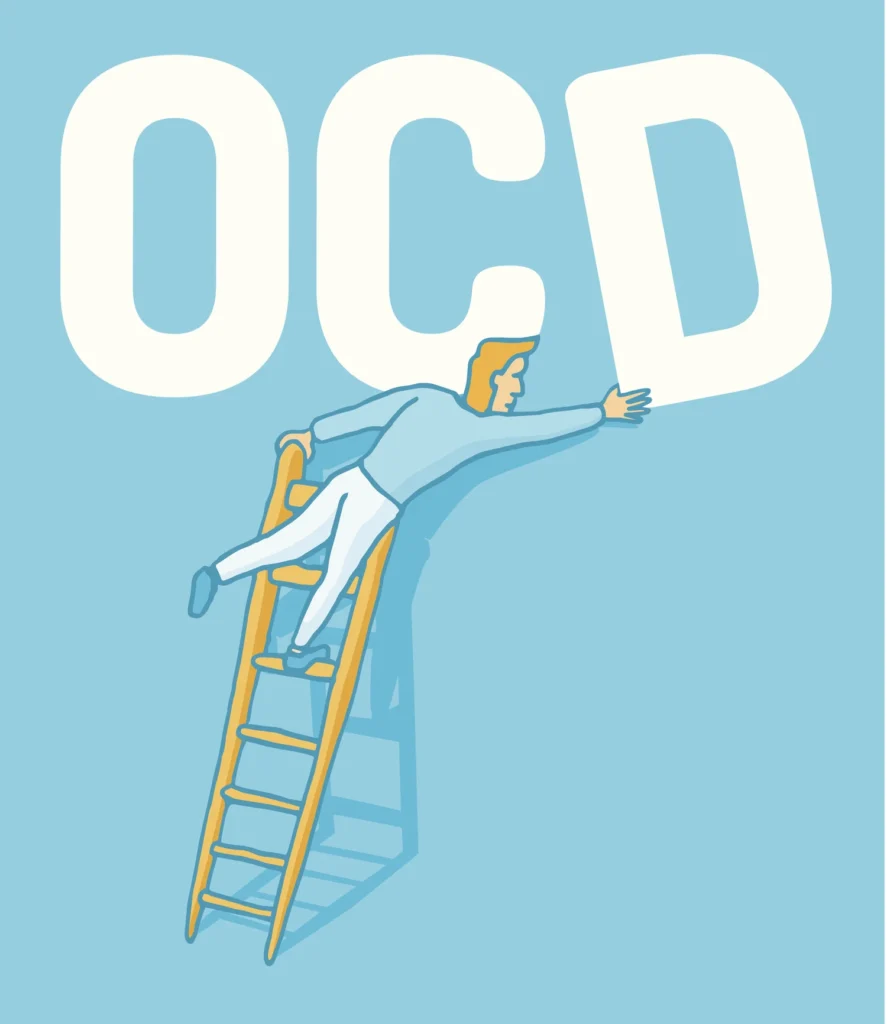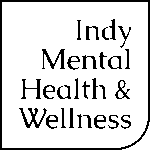OCD
What Is OCD?
Obsessive-Compulsive Disorder (OCD) is a mental health condition marked by recurring, unwanted thoughts, urges, or images (obsessions) and repetitive physical and/or mental rituals/acts (compulsions) that a person feels driven to perform. These symptoms can significantly disrupt daily life and cause distress.


What Is OCD?
Obsessive-Compulsive Disorder (OCD) is a mental health condition marked by recurring, unwanted thoughts, urges, or images (obsessions) and repetitive physical and/or mental rituals/acts (compulsions) that a person feels driven to perform. These symptoms can significantly disrupt daily life and cause distress.
OCD’s
2 Core Components
1
Obsessions: intrusive and recurring thoughts, images, and urges that cause significant anxiety or distress. The distress a person feels can be so intense that it can be very difficult and uncomfortable for a person to ignore or suppress.
2
Compulsions: repetitive mental or physical acts that a person creates and performs to reduce the distress they are feeling in response to their obsessional thoughts. These acts are aimed at reducing the feelings of distress/anxiety and/or preventing a feared event or outcome. The distress/anxiety is temporarily relieved by performing compulsive behaviors, but the obsession and anxiety eventually return, perpetuating the cycle. Because the compulsions are a band-aid that only provides temporary relief, they are performed repeatedly and makes OCD self-reinforcing.
Causes of OCD
The exact cause is not fully understood; however, researchers suggest a combination of factors that may play a role including:
· Genetics – OCD tends to run in families.
· Biology – brain images show differences in the brain structures of individuals with OCD, especially those involved in behavioral control and emotional responses.
· Environment – stressful life events and childhood trauma have been associated with OCD.
Treatment for OCD
Treatment for OCD typically involves a combination of psychotherapy and medication. It’s important to note that, while OCD is a chronic condition, treatment can significantly improve symptoms and quality of life.
· Psychotherapy – Cognitive Behavioral Therapy (CBT), I-CBT (inference-based CBT), Exposure and Response Prevention Therapy (ERP). These evidence-based treatments have proven effective in addressing and reducing obsessions and therefore compulsions.
· Medication – Selective Serotonin Reuptake Inhibitors (SSRIs) are commonly prescribed to help manage OCD symptoms. Consult with your healthcare provider to find which one is best for you.
